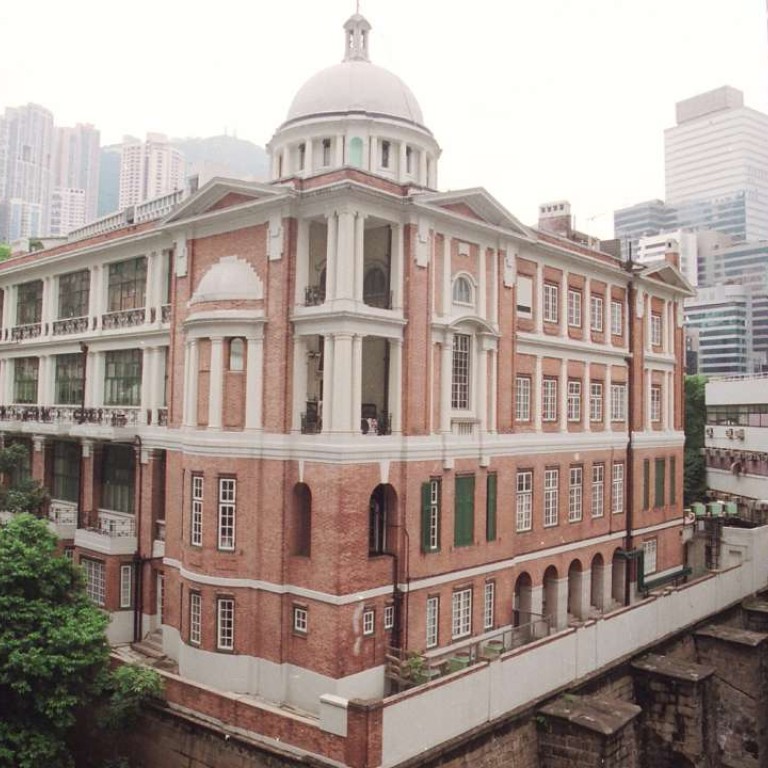
Hong Kong ideally placed to become hub for ‘Belt and Road’ contract law and dispute resolution
City needs a champion to push its ability to take on the twin goals
The Hong Kong Policy Research Institute has produced a report calling for local dispute resolution services to be further developed to benefit from the “One Belt, One Road” initiative. The report is to be welcomed by the dispute resolution community and its potential users.
However, I respectfully suggest prioritising and adjusting the institute’s recommendations. We also need leadership within the government to realise these ideas.
The twin priorities should be the adoption of Hong Kong as the centre for contract law for the Belt and Road initiative and agreement that Hong Kong should be the seat of arbitration for such contracts.
In practice, the acceptability of these proposals will be determined by the attitude of parties to Belt and Road transactions. Mainland Chinese state-owned enterprises, institutions and lenders are unlikely to have any difficulty with Hong Kong.
However, unfortunately that is often not the case with parties from the host Belt and Road country. So it will be critical to gain support for this twin proposition from all stakeholders in a Belt and Road transaction – including host country parties and funders such as the infrastructure investment arms of international banks like Standard Chartered and HSBC and multilateral investment institutions such as the Asian Infrastructure Investment Bank, the Silk Road Fund, the Asian Development Bank and the International Finance Corporation/the World Bank.
The point underlying the twin priorities is the fact that Hong Kong’s status in dispute resolution services is already world class. However, any perception of a lack of impartiality – particularly from Belt and Road host country parties – has to be addressed, and Hong Kong needs a champion to achieve this.
The institute’s Hong Kong Vision Project says we need more arbitration bodies based in Hong Kong, an international building or complex, a designated court to deal with Belt and Road projects, an increase in the number of dispute resolution practitioners, a longer list of arbitrators and mediators drawn from overseas, a database of the 65 Belt and Road countries’ local laws to develop transnational laws applicable to projects, revision of our Arbitration Ordinance, the introduction of third party funding and Sharia law compliance.
These points, even if correct in principle, do not address with sufficient focus the need to ensure that Hong Kong’s status in dispute resolution services is regarded as “go to” – so that foreign governments, mainland Chinese state-owned enterprises, other participants such as consultants based in the UK, EU or US and of course the funders are all objectively satisfied that adopting Hong Kong law and Hong Kong as the seat of arbitration are sound and effective choices.
Hong Kong already has considerable strengths in this area: consistent application by the courts of the rule of law, a world-class international arbitration centre, a modern arbitration law and a large body of experienced arbitration practitioners and tribunals – both locally based and international but appearing and/or sitting regularly here in Hong Kong.
What we need in addition is a champion within our government who will allocate sufficient finances, advocate strongly with influencers and enable a public relations plan –which might benefit from a physical move to iconic premises like the former French Mission Building as suggested by the Hong Kong Vision Project – which reaches those who will make the choice of law and seat of arbitration, which should of course be Hong Kong. After all, as we have been told, we are the hub.
Vincent Connor is a partner and head of Pinsent Masons’ Hong Kong office

